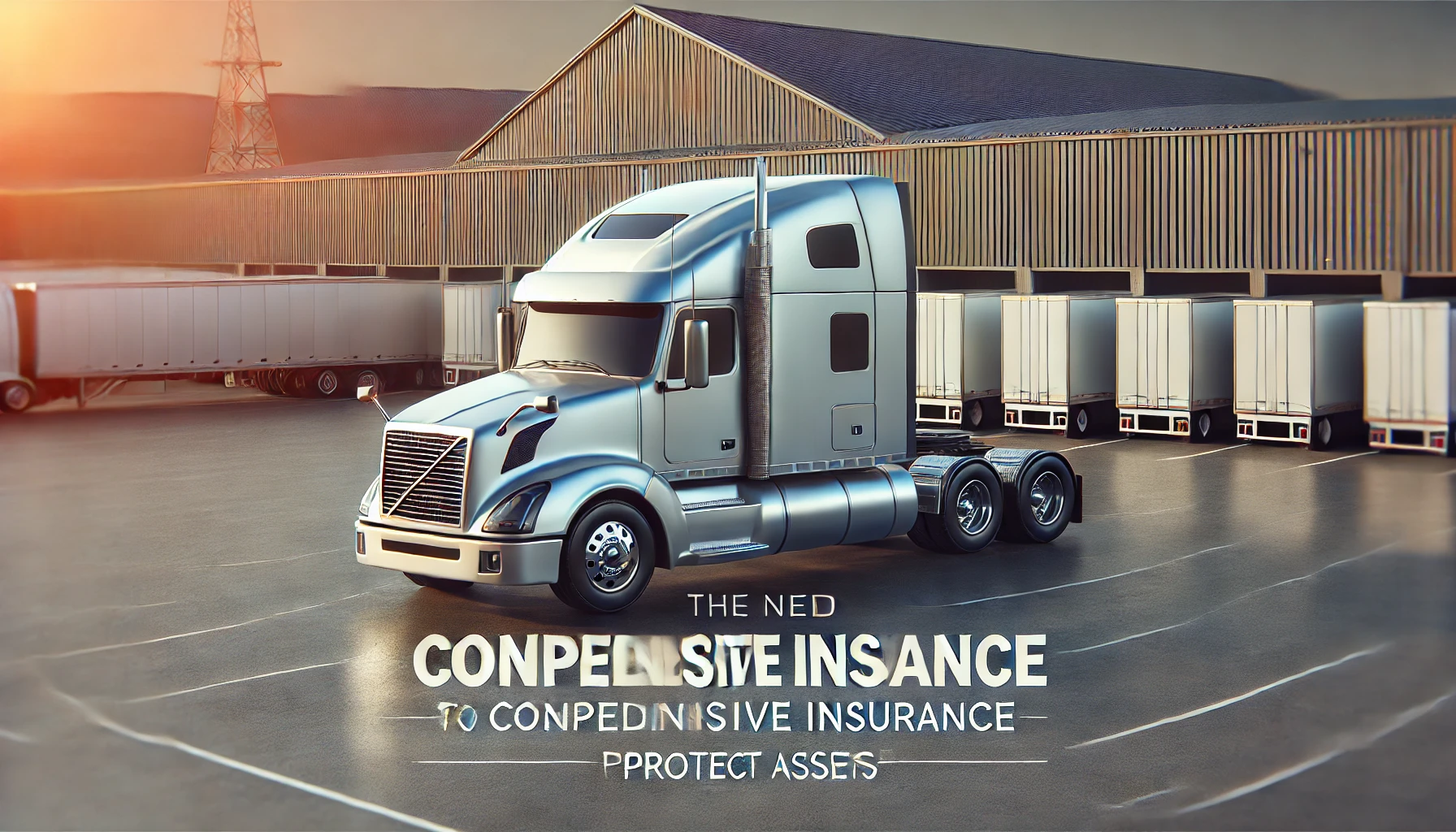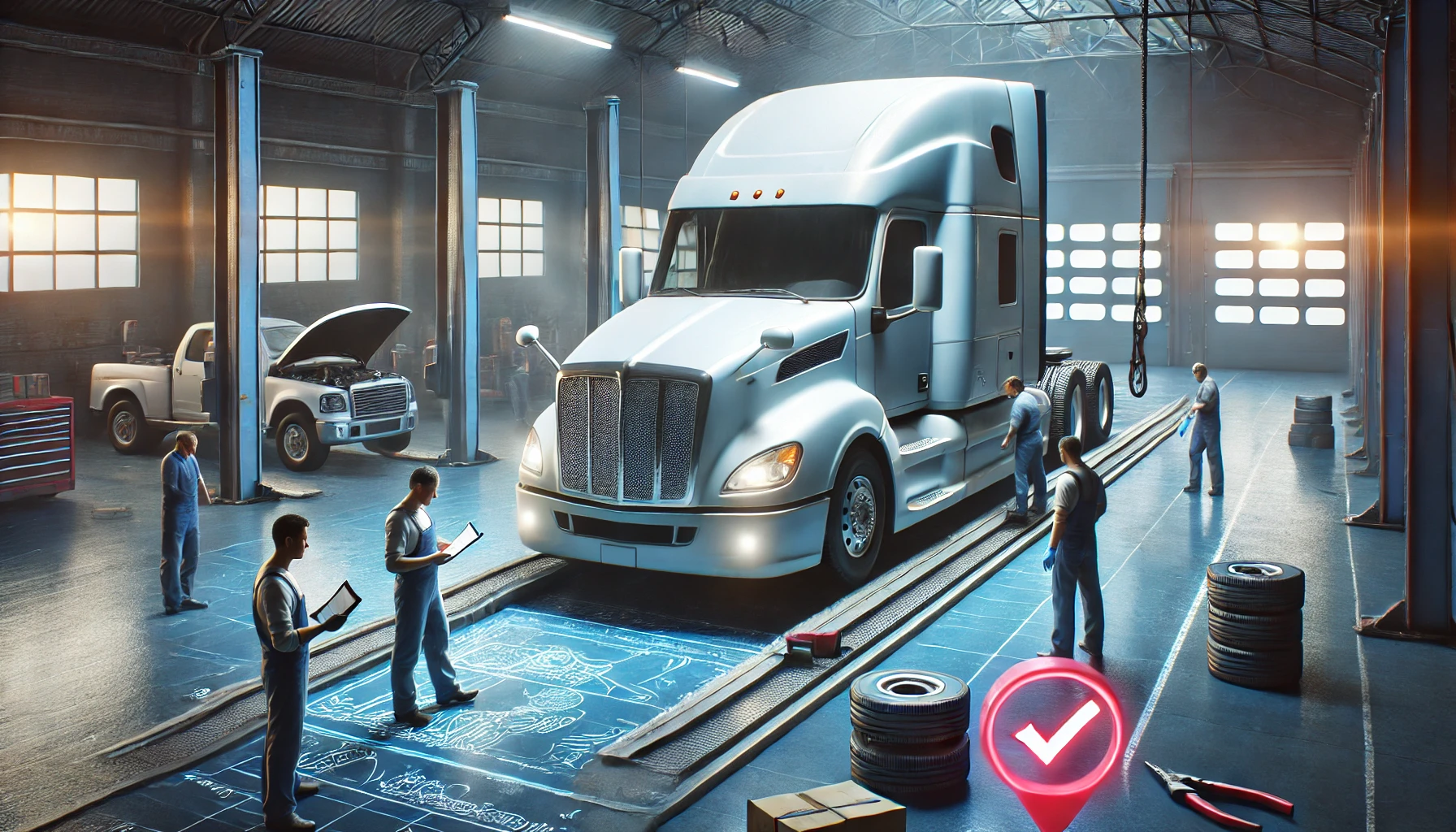Industry-Specific Applications
Different sectors require specialized insurance considerations. According to the Transport Topics News, a well-structured Motor Truck Cargo Insurance policy must address unique industry challenges. For example, food transportation requires specific temperature monitoring protocols and spoilage protection measures. Industry data shows that temperature-related claims account for approximately 32% of food cargo losses.

Electronics transportation presents its own set of challenges. The Commercial Carrier Journal reports that high-value electronics shipments face increased theft risks, requiring enhanced security measures. Static damage prevention also plays a crucial role, with specialized handling procedures reducing damage claims by up to 45%.
Chemical transportation demands particularly stringent coverage considerations. The Logistics Management emphasizes the importance of hazardous material compliance and environmental protection measures. Emergency response coverage becomes essential, as cleanup costs for chemical spills can exceed standard policy limits significantly.
Risk Management Integration
Effective Motor Truck Cargo Insurance works best when integrated with comprehensive risk management strategies. Driver training programs represent a fundamental component of risk reduction. According to the American Transportation Research Institute, companies investing in regular driver training programs experience 28% fewer cargo-related incidents.
Vehicle maintenance plays an equally crucial role in risk management. Regular inspections and preventive maintenance schedules significantly reduce the likelihood of cargo damage due to vehicle-related issues. Studies show that well-maintained vehicles experience 35% fewer cargo claims compared to those with irregular maintenance schedules.
Security measures have evolved significantly in recent years. The Security Magazine reports that implementing advanced GPS tracking systems and cargo monitoring devices reduces theft-related losses by up to 50%. Modern security protocols now include real-time monitoring capabilities, enabling immediate response to potential threats.
Cost Optimization Strategies
While Motor Truck Cargo Insurance represents a necessary expense, several strategies can optimize costs without compromising coverage. Risk assessment and mitigation efforts play a crucial role in premium reduction. The Risk & Insurance Magazine suggests that companies implementing comprehensive risk management programs often qualify for premium reductions ranging from 10% to 25%.
Route optimization has emerged as a significant factor in cost control. Modern analytics tools help identify safer routes with lower risk profiles. Companies utilizing advanced route planning technologies report reduced incident rates and, consequently, lower insurance premiums. Additionally, strategic timing of deliveries through high-risk areas has shown to decrease theft-related claims significantly.
Claims Processing Efficiency
Efficient claims processing significantly impacts the value of cargo coverage. The Property Insurance Coverage Law Blog emphasizes the importance of immediate incident response. Proper documentation, including detailed photographs and comprehensive incident reports, increases claim approval rates by up to 40%.
Evidence preservation has become increasingly sophisticated with digital technology. Modern claims management systems enable real-time incident documentation and immediate notification to all relevant parties. Companies utilizing digital claims management platforms report 60% faster claim resolution times compared to traditional paper-based systems.
Technology Integration and Future Trends
The transportation insurance industry continues evolving with technological advances. According to FreightWaves, blockchain technology is revolutionizing cargo insurance documentation and claims processing. Smart contracts automatically trigger claims processes when specific conditions are met, reducing processing times and increasing accuracy.
Artificial intelligence and machine learning now play crucial roles in risk assessment and premium calculation. These technologies analyze vast amounts of data to predict potential risks and optimize coverage recommendations. Industry experts predict that AI-driven risk assessment will become standard practice within the next five years.
Frequently Asked Questions
Q: What factors influence insurance premiums?
A: According to Insurance Journal, premium calculations consider multiple factors including cargo value, route risks, security measures, claims history, and coverage limits. Companies with strong safety records and security protocols often qualify for significant premium reductions.
Q: How can businesses optimize their coverage?
A: The Risk Management Monitor recommends regular policy reviews, implementation of security measures, and staff training programs. Working with experienced insurance advisors helps ensure coverage aligns with current business needs and industry standards.
Q: What emerging risks should businesses consider?
A: Current industry analysis from The Balance highlights cybersecurity threats, environmental regulations, and supply chain disruptions as emerging risks requiring additional coverage consideration.

Conclusion
As the transportation industry continues evolving, proper cargo insurance coverage remains essential for business success and continuity. Regular policy reviews, technology integration, and comprehensive risk management strategies help ensure adequate protection in an increasingly complex operating environment.
